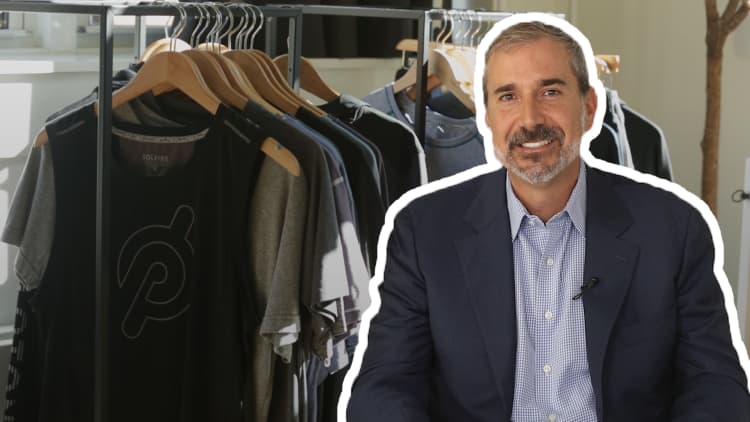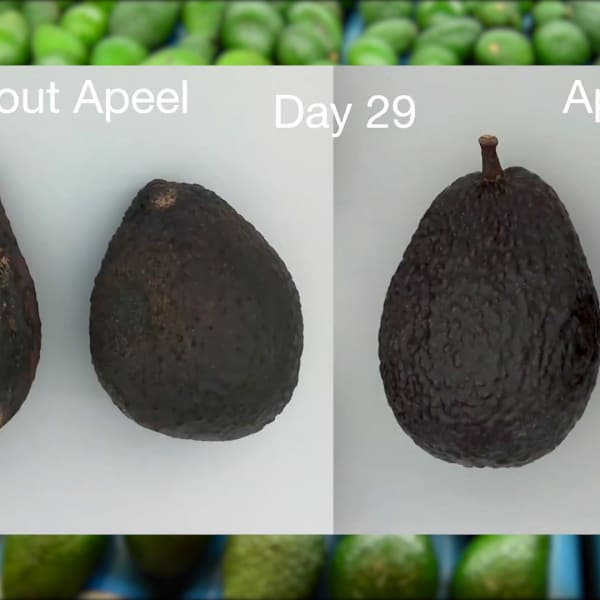It's easy to get carried away, especially when you're an entrepreneur starting a company. You might have a million ideas about how to grow your start-up and what you ultimately want your company to look like — but, it's important not to try and do too much too soon.
This advice comes from William Lynch, the president of cult-favorite fitness tech start-up Peloton: "Most companies die of indigestion not starvation," Lynch tells CNBC Make It.
Lynch, who previously served as the CEO of retailer Barnes & Noble and joined Peloton in February 2017, says it's a common problem among new entrepreneurs.
"When you try to do too much, and you're not focused enough early on, that's when problems occur," Lynch says. "And, so, that means you have to sequence and prioritize really really well."
For instance, New York City-based Peloton launched in 2012, and the company focused on getting its first product — a stationary bike featuring a TV that live-streams indoor cycling classes into your home — just right. Peloton released its bikes in 2014 and the company sold over 300,000 of them within three years.
To start, the company focused on succeeding in the US market, but expanded to Canada and Europe earlier this year (where Lynch told The New York Times the company was seeing "a tsunami of demand" for its products). And, the success of Peloton's stationary bikes also paved the way for the company to start selling treadmills in January.
Today, Peloton says it counts nearly 1 million members for its $39-a-month subscription streams and, in August, the company raised an additional $550 million in financing, bringing Peloton's total fundraising over $1 billion, which values the company at more than $4 billion. The company, which also recently launched an app for digital subscriptions that cost $19.49 per month, could look to go public in 2019.
"Most entrepreneurs, by definition, are incredibly ambitious and that's what makes them great," Lynch says. But you need to prove you can succeed on a smaller scale before expanding and moving on to the next challenge, so you don't "get over [your] skis" (which is like getting in over your head, for any non-winter sports enthusiasts).
"What you need to do is figure out: 'How do I get that next win and prove that the bike's going to work, so I can launch a tread[mill]? How can I prove the US market's working, so I can go into the UK and Canada? How can I show that we can be the global fitness platform for the home, so I can invest in an app and launch that through the rest of the world?'" Lynch says. "And, so, figure out how do you sequence [and] prioritize, so you can get to that next win."
Even if you have a clear idea of what you want your company to accomplish, Lynch says, it probably will (and should) take longer than you first think to get there, so you have a solid plan for that.
"Don't mistake a clear vision for a short distance," Lynch says. "Have that long-term vision, but look at those steps in between to get you there."
UPDATE: This article has been updated to show that Peloton says its membership is approaching 1 million people.
Don't Miss: Kevin O'Leary: If you want to get rich, start working 25 hours a day, 7 days a week

Like this story? Subscribe to CNBC Make It on YouTube!






